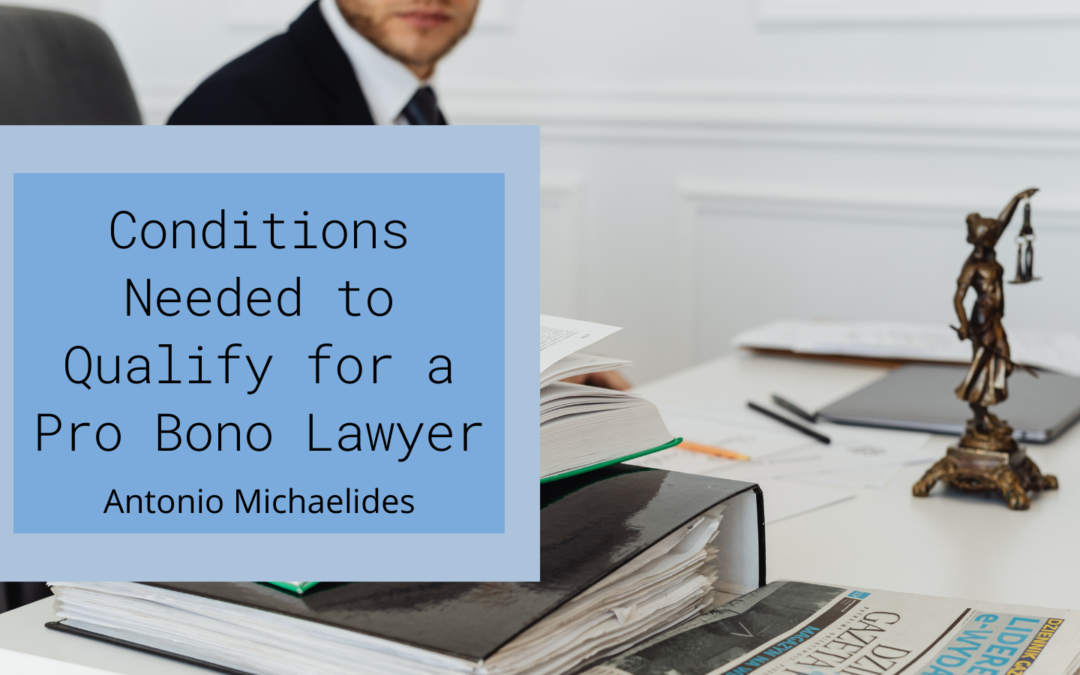Introduction
If you are struggling to make ends meet or have been denied benefits for which you qualify, a lawyer may be able to help. These lawyers work pro bono and take their services on a case-by-case basis. Some requirements need to be met to qualify for this legal aid, but it can provide invaluable assistance once qualified.
Eligibility Requirements
To qualify as a person who needs pro bono services, certain criteria need to be met in your particular case. You must either be working full-time and making an income below 125% of the federal poverty level or qualified for other legal aid programs based on your income and family situation.
There are other eligibility requirements that you must meet based on the type of legal services you need, but this is a general overview of some of the main qualifications and eligibility items.
Getting Started with a Pro Bono Case
Start by searching for pro bono services in your area. You can use several sources to find lawyers who work on a case-by-case basis pro bono for the working poor and others who qualify for free legal help. One way to get started is with the Bar Association of San Francisco’s Pro Bono Program. The program has several divisions, and you can contact a representative in your area to learn more about the lawyers who are willing to take on a pro bono case and how to make an appointment.
You should also join a community service organization or volunteer if you can do so because these actions show that you are interested in helping other people and can receive legal aid in return for your work.
There are also a few online resources you can use to find a pro bono lawyer in your area. For example, the American Bar Association has a Pro Bono Legal Services website where you can search for pro bono lawyers by state and see what types of services they offer. Additionally, in California, the state’s Courts provide information about the CalNoPay legal services program, where free lawyers can be found through local legal aid clinics, not-for-profit organizations, and law schools.
Apply
Once you have found a lawyer willing to represent your case pro bono, they will process your paperwork and help you fill out forms. This process can be different from one office to another, so it is important to ask questions about what to expect. Some offices may provide their services under the condition that you pay for their legal fees if you get a certain amount of money in a settlement or judgment award.
Conclusion
For people struggling to make ends meet, pro bono legal services can provide them with much-needed assistance. If you qualify for such assistance, a lawyer may be able to help you handle issues that are affecting your day-to-day life.
